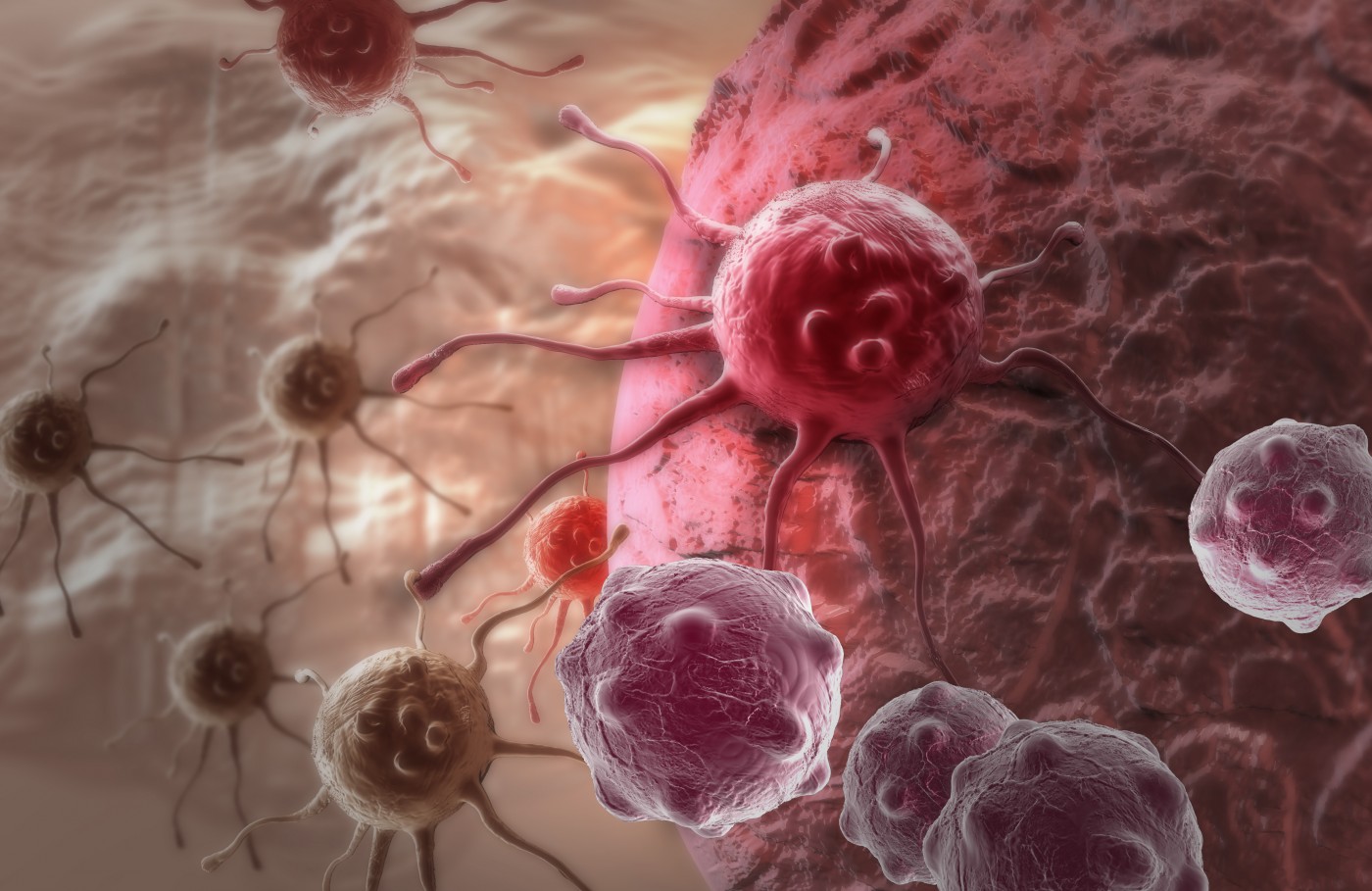Analyzing biopsies from melanoma patients before the start of treatment cannot reliably predict which patients will respond to treatment. But measuring immune response in tumor biopsies during early treatment can predict those patients, according to a study published in the journal Cancer Discovery.
This means that immune checkpoint blocking drugs could be given only to patients who are likely to respond, helping reduce the potential side effects for patients who won’t benefit and avoiding unnecessary costs.
“We could start by treating with anti-PD1, do an early on-treatment biopsy and, based on that, either continue or add ipilimumab or another agent,” Dr. Jennifer Wargo, associate professor of genomic medicine and surgical oncology at The University of Texas MD Anderson Cancer Center, said in a press release.
Wargo is the senior author of the study “Analysis of Immune Signatures in Longitudinal Tumor Samples Yields Insight into Biomarkers of Response and Mechanisms of Resistance to Immune Checkpoint Blockade.”
Researchers analyzed biopsies from 53 melanoma patients before and after treatment with two immune checkpoint inhibitors. One of the drugs, Keytruda (pembroluzimab), blocks PD-1, a receptor located on the surface of T-cells of the immune system that stops them from attacking tumor cells, and the other, Yervoy (ipilimumab), blocks a protein called CTLA-4, allowing T-cells to attack tumors.
The results did not reveal a difference in the presence of certain types of T-cell and protein markers such as PD-1 and PD-L1 between responders and non-responders before treatment onset. After treatment with Yervoy, tumor samples were collected, revealing that seven of the 53 patients (13 percent) were responders. Their tumors either disappeared completely, shrank, or did not grow further for at least six months. Following treatment, the number of killer T-cells was significantly higher in responders.
The 46 patients who did not respond to Yervoy were treated with pembroluzimab and 13 of them (28%) responded to this treatment.
The team noted significant differences between responders and non-responders undergoing early on-treatment with Keytruda in nearly all of the 12 immune markers analyzed, including the amount of killer CD8 T-cells, CD4 helper T-cells, and CD3 T-cells, as well as the presence of immune checkpoint receptors such as PD-1, PD-L1, and LAG-3.
The researchers also saw significant differences in gene expression patterns between responders and nonresponders in the on-treatment biopsies from patients who received Keytruda: 411 genes were differentially expressed. One such gene was the vascular endothelial growth factor (VEGFA), which is involved in the development of new blood vessels required for tumor spread.
These findings may help researchers understand how melanomas resist therapies in certain people, and if confirmed in larger studies, could help guide effective treatments for melanoma patients. Assessing adaptive immune responses in early treatment biopsies may prove far more valuable than analyzing samples before treatment onset.
The study used the Adaptive Patient-Oriented Longitudinal Learning and Optimization (APOLLO) platform and is part of MD Anderson’s Cancer Moon Shots Program led by Dr. Jim Allison, chair of Immunology and executive director of the platform, and Dr. Padmanee Sharma, scientific director and professor of immunology and genitourinary medical oncology.
Allison discovered immune checkpoint blockade as a potential treatment for cancer and received the 2015 Lasker-DeBakey Clinical Medical Research Award for his invention.



One comment